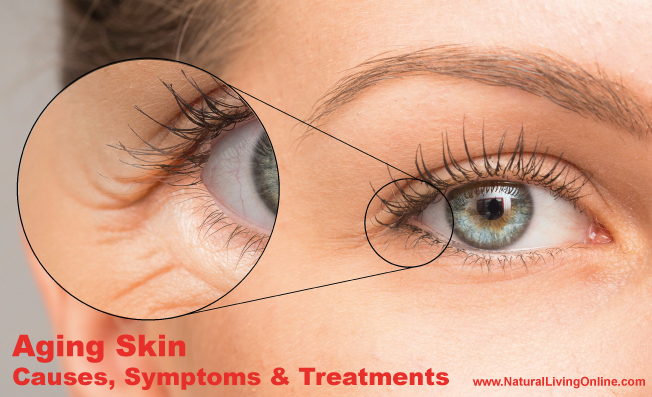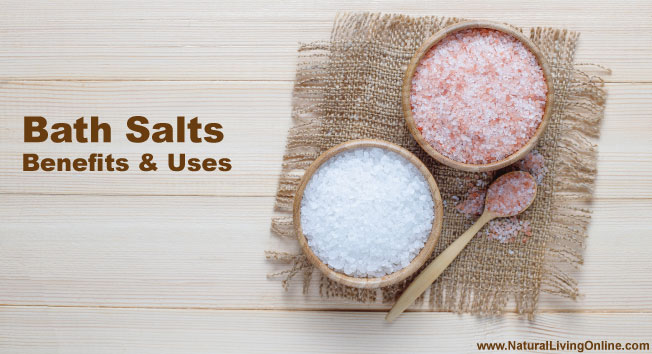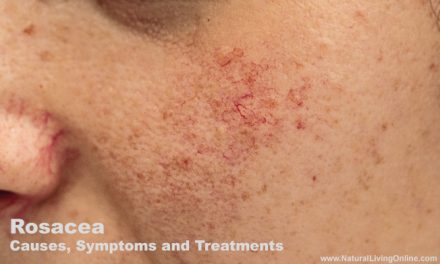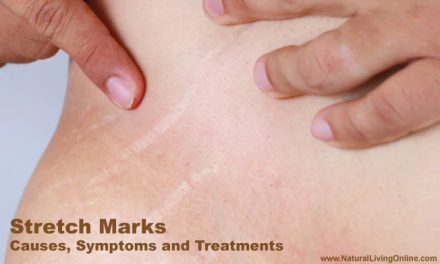Aging is a natural process that affects all of us. As we age, our skin goes through a variety of changes, including the loss of elasticity, thinning, and the development of fine lines and wrinkles. These changes can be influenced by both internal and external factors, such as genetics, lifestyle habits, and environmental exposures. In this article, we will explore the causes, symptoms, and treatment options for aging skin.
Causes of Aging Skin
There are several factors that contribute to aging skin, including:
- Genetics: Genetics play a role in determining how quickly our skin ages. Some people may be more prone to developing fine lines and wrinkles than others, depending on their genetic makeup.
- Sun Exposure: Exposure to UV rays from the sun is one of the primary causes of skin aging. The sun’s rays can damage the skin’s collagen and elastin fibers, leading to a loss of elasticity, thinning, and the development of fine lines and wrinkles.
- Smoking: Smoking can also accelerate skin aging by causing a breakdown of collagen and elastin fibers in the skin.
- Diet: A poor diet that is high in sugar and processed foods can contribute to skin aging by causing inflammation and oxidative stress in the body.
- Environmental Exposures: Exposure to environmental toxins, such as pollution and chemicals, can also contribute to skin aging.
Clinical Signs and Symptoms of Aging Skin
Some of the common clinical signs and symptoms of aging skin include:
- Fine lines and wrinkles: As the skin loses its elasticity and becomes thinner, it may develop fine lines and wrinkles, especially in areas that are frequently exposed to the sun, such as the face, neck, and hands.
- Sagging skin: The skin may also begin to sag or droop, especially around the jawline, chin, and neck, due to a loss of skin firmness.
- Age spots and discoloration: The skin may develop age spots, also known as liver spots, which are flat, brown areas of skin that occur as a result of exposure to the sun. The skin may also become more prone to discoloration, such as uneven pigmentation or blotchiness.
- Dryness and rough texture: As the skin loses its ability to retain moisture, it may become dry, rough, and flaky.
- Thinning of the skin: The skin may become thinner and more fragile with age, making it more prone to injury and damage.
- Decreased skin cell turnover: The rate of skin cell turnover decreases with age, which can lead to a dull, lackluster complexion.
- Blood vessels become more visible: Blood vessels may become more visible in aging skin, especially around the nose and cheeks.
- Enlarged pores: The size of pores may increase with age due to a loss of elasticity and skin firmness.
Treatment of Aging Skin
There are several treatment options for aging skin, including:
- Topical Retinoids: Topical retinoids, such as tretinoin and adapalene, are a type of vitamin A that can help to reduce the appearance of fine lines and wrinkles. They work by stimulating collagen production in the skin.
- Moisturizers: Moisturizers can help to hydrate the skin and reduce the appearance of fine lines and wrinkles. Look for a moisturizer that contains ingredients such as hyaluronic acid, which can help to plump up the skin.
- Chemical Peels: Chemical peels are a type of skin treatment that involves the application of a chemical solution to the skin, which causes the top layer of skin to peel off. This can help to reduce the appearance of fine lines and wrinkles.
- Microdermabrasion: Microdermabrasion is a non-invasive skin treatment that uses a special tool to remove the top layer of skin. This can help to reduce the appearance of fine lines and wrinkles and improve the overall texture of the skin.
- Injectable Fillers: Injectable fillers, such as hyaluronic acid and collagen, can be used to fill in fine lines and wrinkles and restore volume to the face.
- Laser Resurfacing: Laser resurfacing is a type of skin treatment that uses laser energy to stimulate collagen production in the skin.
Home Remedies
Here are some home remedies for aging skin:
Moisturize:
Keeping the skin well-moisturized is essential for maintaining a youthful appearance. Look for a moisturizer that contains natural ingredients, such as aloe vera, coconut oil, or shea butter, which can help to nourish and hydrate the skin. Apply the moisturizer twice daily, after washing your face, to keep your skin looking smooth and supple.
Hydrate:
Drinking plenty of water is important for maintaining healthy skin, as it helps to keep the skin hydrated and plump. Aim to drink at least eight glasses of water per day, and avoid sugary or caffeinated beverages, which can dehydrate the skin.
Sun Protection:
Protecting the skin from the sun is crucial for preventing further damage and signs of aging. Be sure to wear sunscreen daily, even on cloudy days, and avoid prolonged exposure to the sun. Wear a hat and sunglasses when outdoors to provide additional protection.
Antioxidant-rich foods:
Eating a diet rich in antioxidants, such as fruits and vegetables, can help to protect the skin from damage and promote a more youthful appearance. Antioxidants help to neutralize free radicals in the body, which can cause damage to the skin and other organs. Some of the best antioxidant-rich foods to include in your diet are berries, leafy greens, nuts, and legumes.
Facial massage:
Regular facial massage can help to improve blood flow and stimulate collagen production in the skin. Use a natural oil, such as coconut or almond oil, to massage the face in circular motions for a few minutes each day. This will not only help to improve the appearance of fine lines and wrinkles but will also promote relaxation and stress reduction.
Yoga and meditation:
Yoga and meditation can help to reduce stress, which can contribute to aging skin. Stress can cause inflammation in the body, which can lead to a breakdown of collagen and elastin in the skin. By practicing yoga or meditation for just a few minutes each day, you can help to promote a more relaxed state of mind and reduce the impact of stress on your skin.
Sleep:
Getting enough sleep is crucial for maintaining healthy skin, as it allows the body to repair and regenerate itself. Aim for at least 7-8 hours of sleep each night, and try to establish a regular sleep routine that includes going to bed and waking up at the same time each day.
Conclusion:
In conclusion, aging skin is a natural part of the aging process, but there are many things that can be done to help improve its appearance. In addition to the various treatments available, there are also several effective home remedies for aging skin, such as staying well-hydrated, protecting the skin from the sun, and eating a diet rich in antioxidants. By taking care of your skin and adopting healthy lifestyle habits, you can help to promote a more youthful and radiant appearance, regardless of your age.
Frequently Asked Questions
What causes skin to age?
There are both intrinsic and extrinsic factors that contribute to skin aging. Intrinsic factors include genetics and hormonal changes, while extrinsic factors include exposure to UV radiation, smoking, and poor diet.
What are some common signs of aging skin?
Common signs of aging skin include wrinkles, fine lines, dryness, and sagging
Can I prevent aging skin?
While it’s not possible to completely prevent skin aging, you can take steps to slow the process. These include protecting your skin from the sun, avoiding smoking and excessive alcohol consumption, and maintaining a healthy lifestyle.
What are some effective treatments for aging skin?
There are a variety of treatments available for aging skin, including topical treatments like retinoids and antioxidants, medical procedures like chemical peels and laser resurfacing, and lifestyle changes like diet and exercise.
Is it safe to get Botox injections for wrinkles?
Botox injections are generally safe when administered by a qualified healthcare provider. However, there are potential side effects and risks, so it’s important to discuss the procedure with your doctor before getting it done.
What is the best way to moisturize aging skin?
Natural oils like coconut oil and olive oil can provide intense hydration for aging skin. You can also use moisturizers containing hyaluronic acid or other hydrating ingredients.
Can facial exercises help reduce wrinkles?
Facial exercises can help improve muscle tone and promote blood flow to the skin, which may reduce the appearance of wrinkles. However, there is limited scientific evidence to support their effectiveness.
What is the best way to protect my skin from the sun?
The best way to protect your skin from the sun is to wear sunscreen with an SPF of 30 or higher, wear protective clothing like hats and sunglasses, and seek shade during peak sun hours.
How can I improve the appearance of age spots?
Age spots can be treated with topical treatments like hydroquinone and retinoids, or medical procedures like chemical peels and laser therapy.
Are there any natural remedies for aging skin?
There are a variety of natural remedies that can help improve the appearance of aging skin, including moisturizing with natural oils, using DIY facial masks made with honey and avocado, and practicing facial massage techniques. However, it’s important to talk to your doctor before trying any new remedies.
References:
- Castelo-Branco C., Duran M., González-Merlo J. Skin collagen changes related to age and hormone replacement therapy. Maturitas. 1992;15(2):113–119. doi: 10.1016/0378-5122(92)90245-Y.
- Curtis R., Geesaman B.J., DiStefano P.S. Ageing and metabolism: Drug discovery opportunities. Nat. Rev. Drug Discov. 2005;4(7):569–580. doi: 10.1038/nrd1777.
- Makrantonaki E., Zouboulis C.C., William J. Characteristics and pathomechanisms of endogenously aged skin. Dermatology. 2007;214(4):352–360.
- Bernstein E.F., Chen Y.Q., Kopp J.B., et al. Long-term sun exposure alters the collagen of the papillary dermis. Comparison of sun-protected and photoaged skin by northern analysis, immunohistochemical staining, and confocal laser scanning microscopy. J. Am. Acad. Dermatol. 1996;34(2 Pt 1):209–218. doi: 10.1016/S0190-9622(96)80114-9.
This website does not provide medical advice.
All information provided on this website, and on associated social media networks, including but not limited to texts, images, and numbers are for general information purpose only. It is not intended as medical advice and it does not include all possible precautions, side effects, or interactions that may occur. Neither NaturalLivingOnline.com nor its author/founder take responsibility for how you use this information. Statements contained on NaturalLivingOnline.com have not been evaluated by the FDA. You should conduct thorough research via multiple sources and consult your physician or qualified doctor before using any essential oil or herbal remedy. Information on NaturalLivingOnline.com must not be relied upon for medical, legal, financial or other decisions.













